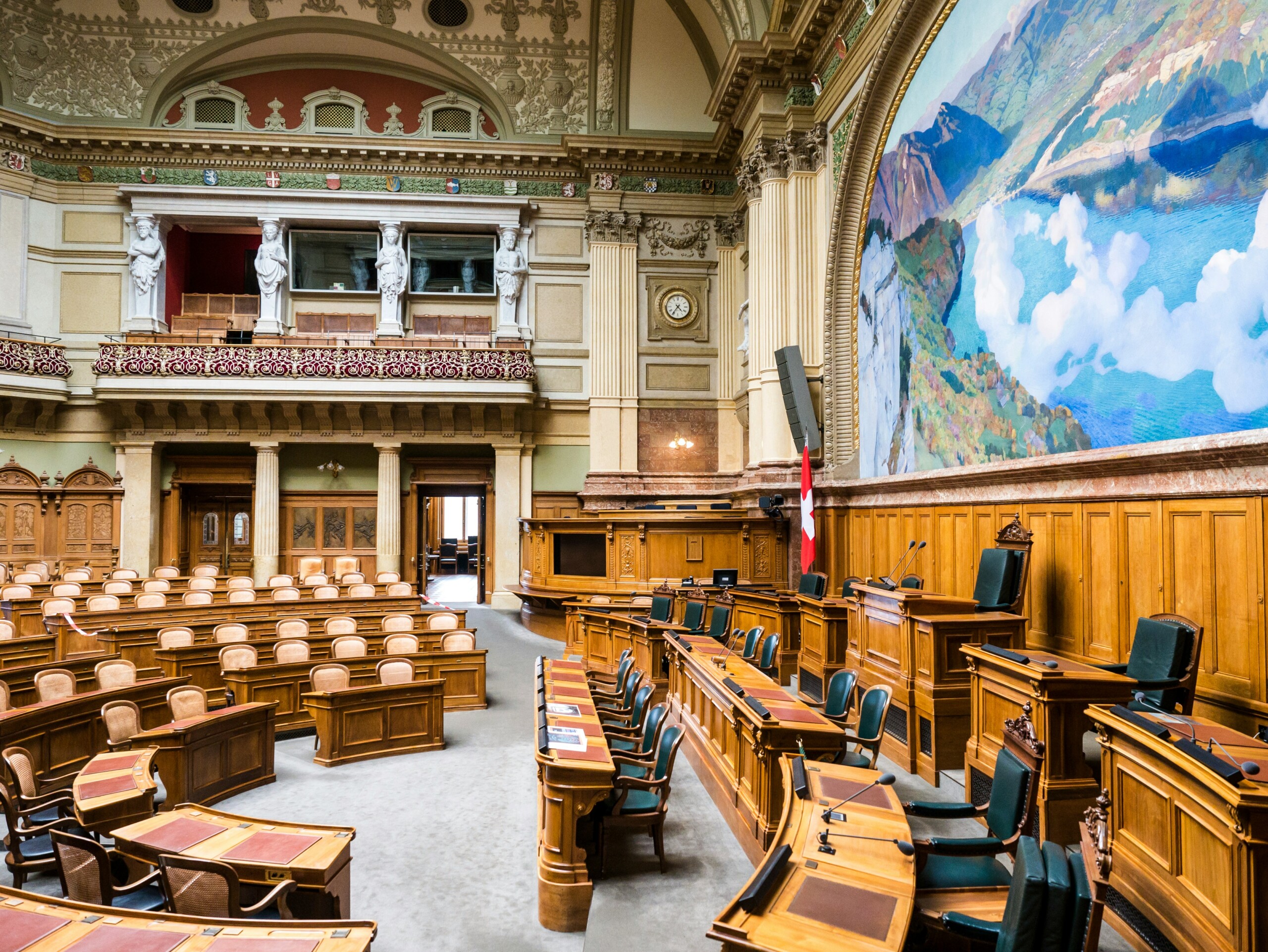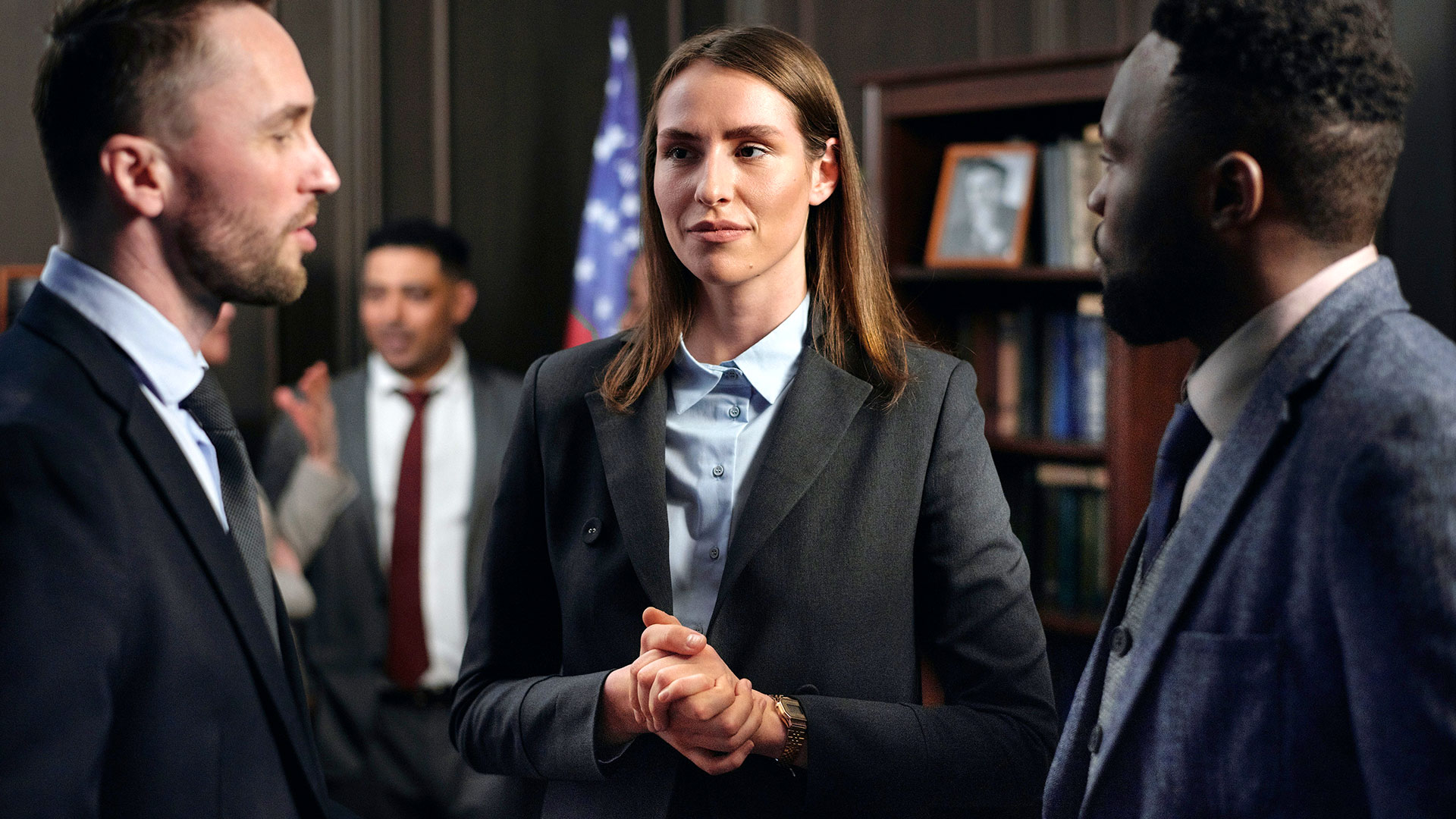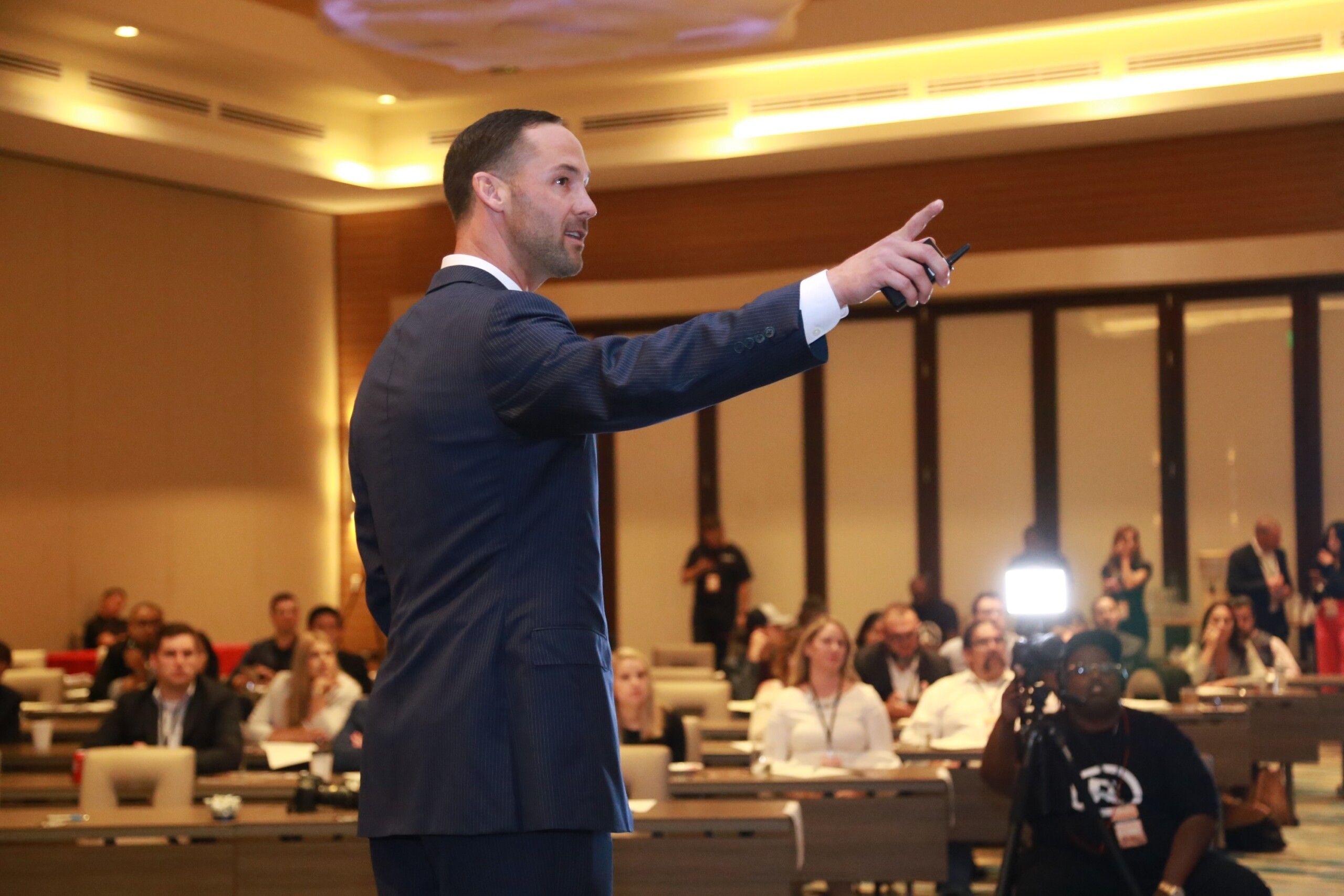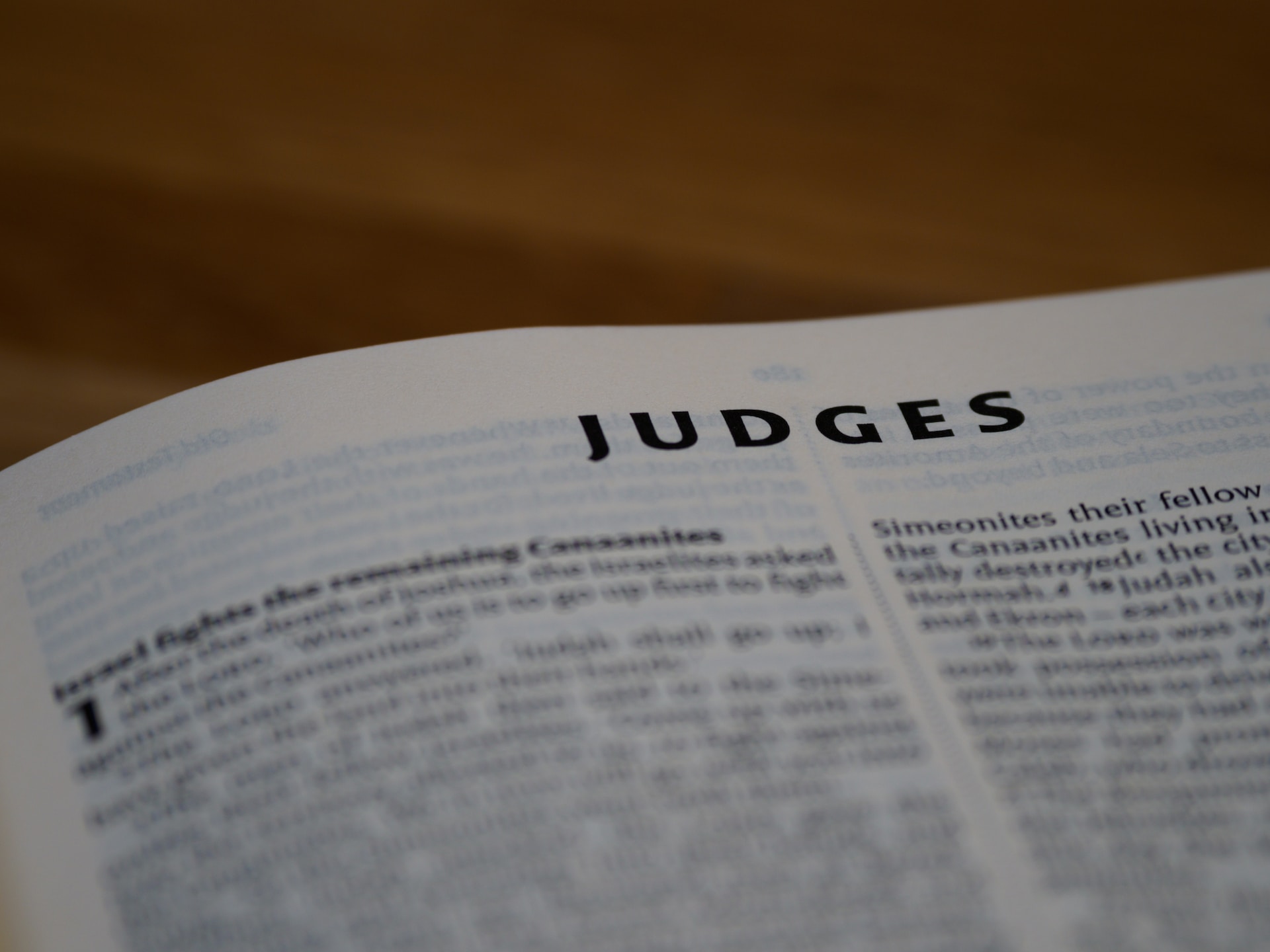
Do Prosecutors Want to go to Trial?
Prosecutors typically approach their cases with the goal of achieving justice, which may or may not involve going to trial. Whether a prosecutor wants to go to trial depends on various factors, including the strength of the evidence, the nature of the charges, the likelihood of a successful prosecution, and the overall legal strategy.
Prosecutors often aim to resolve cases efficiently, and many cases are resolved through plea bargains or settlements without going to trial. This helps save time and resources for both the prosecution and the court system. However, in situations where the evidence is strong, the charges are serious, or a fair plea agreement cannot be reached, prosecutors may be more inclined to take the case to trial to secure a conviction.
Ultimately, the decision to go to trial is influenced by the specific circumstances of each case, the legal and ethical obligations of the prosecutor, and the pursuit of justice within the bounds of the law.
Balancing Act: Pursuit of Justice vs. Efficiency
Prosecutors are tasked with seeking justice for the community, but their approach varies based on the circumstances of each case. While trials are a fundamental part of the legal process, prosecutors often weigh the benefits of resolving cases efficiently. Plea bargains and settlements can save time and resources, allowing the legal system to address a broader range of cases.
The Strength of Evidence
A factor influencing the decision to go to trial is the strength of the evidence. If the prosecution has a robust case with compelling evidence, they may be more inclined to take it to trial, confident in their ability to secure a conviction. On the other hand, weaker evidence might lead prosecutors to explore alternative resolutions to avoid the uncertainties of a trial.
Nature of Charges
The nature and severity of the charges also play a significant role in a prosecutor’s decision-making process. For more serious offenses, prosecutors may be more inclined to go to trial to ensure that justice is served appropriately. Lesser charges might be resolved through plea bargains, allowing the legal system to allocate resources efficiently.
Pursuit of Fair Plea Agreements
In many cases, the prosecutor’s goal is not merely securing a conviction at trial but achieving a fair and just resolution. This often involves negotiating plea agreements with the defense, taking into account factors such as the defendant’s cooperation, remorse, and the impact on victims. These agreements allow for a more streamlined legal process while still holding the accused accountable.
Ethical Considerations
Prosecutors are bound by ethical guidelines that require them to seek justice rather than simply win cases. This means they must consider the overall fairness of the legal process, the rights of the accused, and the interests of the community. Balancing these ethical considerations may lead prosecutors to choose alternatives to trial when appropriate.
Conclusion
The decision of whether prosecutors want to go to trial is nuanced. It involves a delicate balance between pursuing justice, efficiently resolving cases, and adhering to ethical standards. The strength of evidence, the nature of charges, and the pursuit of fair resolutions all contribute to a prosecutor’s strategy.
Blog Post Written by a Digital Marketing Company – Shifted SEO & Web Design




